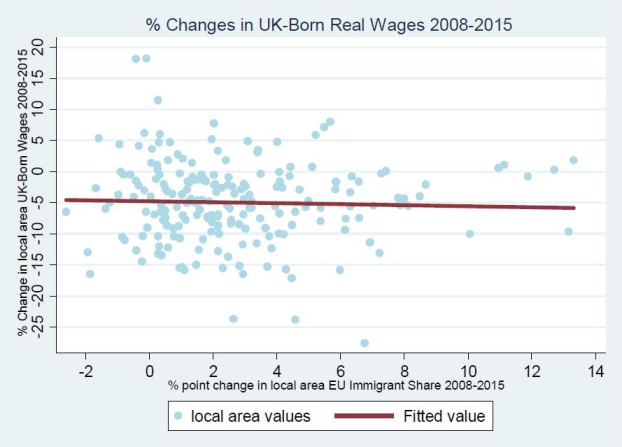 Do you have a fear of mathematics? Have you always avoided percentages? Do you want to run away when you see algebraic expressions? If you think it is time to conquer your maths demons, then Eva Szatmari can help. Eva works for the School of Business, Economics and Informatics, and enables you to customise your learning and go at your speed through her one-to-one sessions. She tells us how she can help you solve your maths and stats knowledge and support you in your studies.
Do you have a fear of mathematics? Have you always avoided percentages? Do you want to run away when you see algebraic expressions? If you think it is time to conquer your maths demons, then Eva Szatmari can help. Eva works for the School of Business, Economics and Informatics, and enables you to customise your learning and go at your speed through her one-to-one sessions. She tells us how she can help you solve your maths and stats knowledge and support you in your studies.
Eva, what do you do?
I help students learn mathematics and statistics, working one-to-one. When he/she comes into my office, I always start by asking what would they like to work on. In this way, I am tailoring the session to the individual student need.
I also run workshops in which I try to make sure that everyone in the class is able to follow the teaching, so no one is left behind. I make sure I create an atmosphere where students feel safe to ask questions that they think might be too simplistic in their usual lectures. Birkbeck students have very busy lives so I have made video tutorials available online including instruction on Boolean logic, the binary number system and various scientific calculator tutorials so students can access my help wherever they are. More details of this can be found here.
Could you tell us a little bit about your role and the kind of support you offer?
Students who have maths anxiety often have previous life experiences that discourage them from ever wanting to learn maths again. Suddenly on some degree courses, they are forced to come back to maths to ensure they complete their course. I would like to prove to them that maths is enjoyable, rewarding, and accessible to anyone. Therefore my challenge is forensic – to detect the right mode and language for communicating to each student. I make sure I create an encouraging environment where students can ask even the most basic maths or statistics questions.
Why is it important to offer a customised approach to learning?
The School of BEI recognises that customised approach to learning is important and it adds to the experience a student can have at Birkbeck. We want to give every student the necessary support to excel in their studies. This ties into Birkbeck’s central mission to offer flexible education to meet the widely varying needs of our students and to help them fulfill their potential and their ambitions.
Have you seen this approach make a practical difference?
Definitely yes! I would like to give you two examples of students I helped. One of them had severe maths anxiety and approached me for some extra tutorials not believing he would understand it. He had no maths experience because of disruptive schooling. We started with the basics, and gradually he got really to like maths and he enjoys the course he was on more because he no longer feared the relevant sessions. He went on to pass his maths exam which was part of his course.
I am not here only for the weakest students, but to help anyone at whatever level. In another example, a student came to see me needing a 1st Class Honours degree to get on her chosen Masters and I am happy and proud that she got accepted for Oxbridge to do what she wanted.
It has repeatedly been shown that there is a correlation between better numeracy skills, and better life chances – the higher your mathematical abilities, the higher your job prospects and your earning potential.
Why is this customised learning approach unique?
There are many initiatives out there which provide support for literacy skills, but considerably fewer that develop numeracy skills. This is particularly true at university level. This customised learning approach makes a real difference to improving the confidence and mathematical skills of students. This means they may achieve more in their courses than they would otherwise and often they surprise themselves at what they can do.
Birkbeck is in itself unique when compared to most other universities for two particular reasons. A significant proportion of students are already in full-time employment, or they are hoping to use the skills they learn at Birkbeck to change their existing careers. There is a particular need for additional numeracy support in the School of BEI, where mathematics may feature significantly in a course or module, but where many students join from a different academic discipline, or from a professional environment where they have not used formal mathematics in the same way.
Finally, how can BEI students at Birkbeck get in touch with you if they want to work with you?
They can email me on e.szatmari@bbk.ac.uk to book a one-on-one session. These normally last about an hour. They can also see the BEI Workshop Timetable on my staff web page for module specific workshops.
The sessions I run are completely confidential, and it’s important that students know there’s no need to be embarrassed about asking for assistance – it’s what I’m here for. It’s worth any student who is unsure about a particular aspect of mathematics coming, especially with exams on the horizon!




